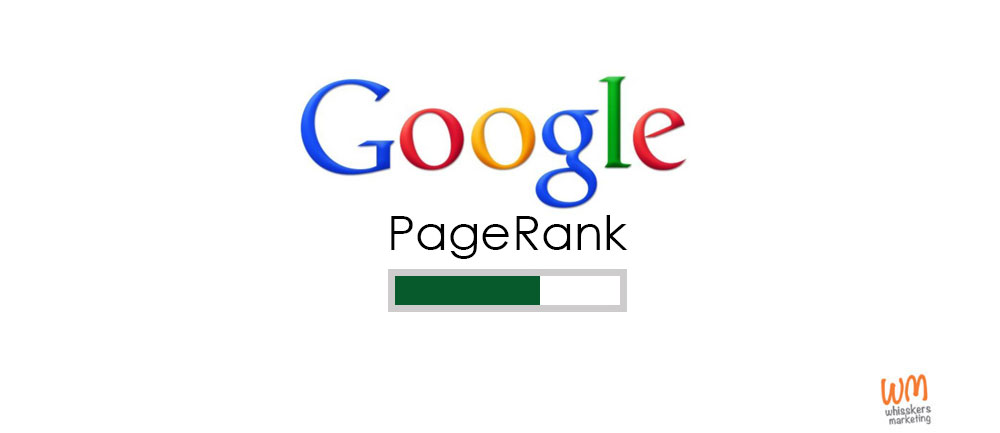In today’s age with the rise of internet connections and internet users, it is crucial for every brand and company to look after the digital health of their company. The digital health of a company shows its brand image, website traffic, brand engagement, and conversion rate. Better is the digital health of the company higher will be the conversion rate.
The digital health of a company can be measured using advanced tools and software by finding out the website ranking, CTR, Measuring website traffic, etc. All these metrics of a company entirely depends on its digital marketing strategies. If the company’s website is ranking at the top in search engines, it means the digital marketing strategies are working effectively for building brand image and brand value.
Around a decade back Google had launched PageRank to measure web page ranking and SEO ranking. That time it was visible to the public but then marketers started misusing this tool to manipulate the PageRank and as a result, Google PageRank algorithm was changed to make it private and hidden from the public. Today SEOs are not the only metric that improves the company’s PageRank, but the entire ranking system has been changed in the last few years by Google to maintain the authenticity and transparency of search engine results.
What is PageRank?
PageRank is a technique used for ranking the webpages. This was developed by Google’s founders Sergey Brin and Larry Page to measure the reputation of a webpage by analysing the quantity and quality of the links that are created by the marketers for the webpages.
How is PageRank determined?
PageRank is an intricate algorithm that gives a score to a webpage based on its importance. It gives the score on the scale of 0 to 10 that is shown on the PageRank toolbar. To put it simply a PageRank with a score of 0 represents the low-quality website and a score of 10 represents the most reliable and reputed website. The PageRank algorithm is built on a notion that a webpage is considered important if it has links on more significant webpages.
Factors that influence Google PageRank
On a website not all webpages are given good PageRank, for example, webpages for the privacy policy, terms & conditions, etc. often have low PageRank score, but there are various factors that can influence the Google PageRank algorithm as described below.
- Anchor Text: Anchor text is basically the text of the links created for the webpage. The anchor text is treated differently in Google search engine because anchor text gives more reliable information of webpages than the original webpages of the website. The overuse of anchor texts results in the creation of low-quality links that are penalised by Google.
- The number of clicks on a link: As it is explained earlier that not all the webpages can be given good score since not all the links are clicked frequently by the visitors. Therefore in 2004, a new rule of PageRank gave different scores to different links based on their probability to be clicked.
- Internal Links: A robust internal linking structure is very crucial for a website as it assists the PageRank to pass through the site and evaluate all kinds of links which also includes the links of the webpages that are not linked from any other source. This is a very popular SEO tactic used by all the top-ranking websites.
- No-follow Links: No follow links mould the flow of the PageRank by making it pass through only followed links. Although as per the Google algorithm the PageRank will spread through all the follow and no-follow links, but it will pass through the followed links.
- Content: The PageRank also gets affected by the age of the blog. To put it simple new blogs, take time to get a higher score by google PageRank. The blog with high ranking keywords and original content get high viewership which ultimately influences the PageRank. Apart from this, the backlinks created on the various websites that link the blog also influence the PageRank
Conclusion:Google PageRank is one of many aspects that Google studies to state the relative importance of the webpage. Although high PageRank does not assure high ranking in the search engine, but, the right practices and good understanding of the Google PageRank algorithm can definitely help in getting higher scores by developing high-quality links, good content, technical advancements, and execution of effective SEO strategies.

